
Acupuncture and Digestion: the Mind, Emotions and Metabolism
Acupuncture is very detailed in its understanding of stress and the impact on digestion. The Stomach and Heart are two of the most common acupuncture channels that treat stress-induced digestive disturbances. They are also two of the most powerful acupuncture channels to calm the mind, quiet the emotions and induce relaxation.
However, dealing with digestive issues is not as simple as simply calming the nervous system. Acupuncture is far more sophisticated and detailed than that. It must be determined where the stress is coming from – what the body is rebelling against; what it cannot assimilate or “stomach.” We must also discover why the body is having difficulty “harmonizing” and digesting.
Chinese medicine never separates the physical from the mental-emotional. We are one system: every part of us effects every other part. When looking at digestive problems, we must look beyond just the physical mechanics of food entering the mouth and being broken down through the gastrointestinal tract. Digestion is about more than just food and drink. Digestion is about the reception and assimilation of life. It is also about our ability to let things go – to detox and defecate.
One of the most profound classical Chinese medical textbooks (the Nan Jing) describes the GI tract as a type of “portal of perception.” It is a way we take in material from the outside world, sort through it, decide what to assimilate and adopt, and what to discard and reject.
Digestion is a magical process. We put something solid into our bodies – an apple, a carrot – and as it passes through this internal tube within our bodies, it actually becomes part of us. We take the essence of the food we eat and transform it into blood, flesh and body fluids. We do the same thing with the non-material aspects of our lives as well. We often discount how much our social world and its effect on our mind and emotions can impact our digestive process.
We are influenced by our environment: our families, our culture, religion. During the process of socialization, we are taught what is good and bad. We are indoctrinated into whatever environment we are born into. This can create conflict. Confucian and Taoist philosophy talks about this in great detail.
The Stomach and Heart are the major systems associated with the social world. The Stomach is an emotional organ that either accepts or rejects the world. There are some things we cannot “Stomach,” which can cause acid reflux, burping, gagging or even vomiting. Babies have a hard time accepting the world; their digestive systems are so sensitive, and their Heart protectors not yet developed. They commonly vomit, rejecting what they cannot stomach.
The Heart protector or Pericardium is the system that helps us rationalize the world and its inconsistencies. It manages the mental-emotional process of repression and self-survival: the ability to harmonize with a world we may not be completely comfortable with. However when the Pericardium is not working properly, it can cause symptoms that strongly impact digestion.
Confucianism and Taoism are the two major philosophical traditions that influence Chinese medicine. The Confucians believe it’s through socialization that we find the innate “goodness” within us. Taoism, however believes our “truth” lives within us prior to socialization: to find our innate “truth” we must go beyond society, and seek wisdom within.
According to Chinese medical theory, there is a natural conflict between the “innate self,” as represented by the Kidneys and the “social self,” as represented by the Stomach (as partnered with the Spleen and Pancreas). It is the Heart through its partner the Pericardium that harmonizes this relationship.
Now what does all of this philosophical theory mean in actual terms? Some of us may feel in conflict with what we are being “fed” by our environment. It may feel unsupportive to us, or invalidating, or even toxic and destructive. We may develop “rebellious qi,” which can manifest as heartburn, reflux (GERD), hiccoughs, burping, asthma, vomiting. It can also manifest in aggressive, anti-social behavior. These symptoms usually manifest when the personality (Kidneys) is strong and the person has the vitality to actively fight. The Kidney energy causes rebellion in the Stomach. It is interesting to note that clinically I often effectively treat acid reflux via the Kidney acupuncture channel, as this is where the problem is originating.
Yet there can also be instances when the personality is not so strong: the person is not sure what to accept and what to reject from the environment, which can manifest in a state of “food stasis.” This creates accumulations along the abdomen, sometimes in the form of fatty deposits or “beam-like” gatherings along the abdominal rectus muscles. “Beams” are a classical symptom of a Heart imbalance (according to the Nan Jing). This can be as mild as the sensation of an emotional “lump” in the throat, or a feeling of food getting stuck in the stomach or intestines, or as serious as a goiter or blockage in the intestines. It can also result from weakness in the Spleen and Liver which are unable to effectively transform and transport nutrients. This trio of organ systems: Heart, Spleen and Liver are considered the “blood” organs. Blood in Chinese medicine is given a special association with the mind and emotions. The ancient Chinese observed a strong relationship between blood chemistry and the psyche. Weakness of the blood organs, which also happen to be digestive organs can result in both poor metabolism as well as mental-emotional weakness and vulnerability.
“Beams” are often seen as the result of insecurity. When the Kidneys (the personality – “self”) are not strong, they do not adequately support the Heart in knowing what is right and wrong. The body doesn’t know what to assimilate or reject, causing that which has been ingested to just sit in the body like a rock. The system of the Kidneys act as the seat of the self, while the Heart is the expressive part of ourselves: that which reaches out into the world to interact. When the Kidneys and Heart are not strong, we can lack security as to what to interact with: what resonates with our true selves.
There can also be the opposite situation, where the Heart is too strong, generating a lot of heat which digests everything too fast, constantly flushing everything out, consuming the flesh, leading to loss of weight. This can manifest as hyperthyroid – where the metabolism of the body goes into hyperdrive. The body becomes hyper-reactive to the environment. Everything is a threat. Or the desire to consume is so high that the body becomes very acidic, inflamed and even manic. Both the digestive and immune systems can eventually burn themselves out, leading to hypothyroidism and metabolic insufficiency.
Hypothyroidism can be understood as the hyper-reactive heat generated from the Stomach and Heart consuming the metabolic energy of the digestive system (rooted in the Spleen-Pancreas and Kidneys). When we are always in hyper-drive: when our minds don’t stop and we cannot rest, feel safe or relaxed, we can literally “burn out.”
The root of our body’s daily energy comes from the digestive system (the Stomach and Spleen-Pancreas, as supported by the Kidneys). The Stomach in relationship with the Heart makes the blood for the body; the Stomach in relationship with the Lungs and Kidneys makes the fluids and the immune energy. Too much heat in the body consumes the blood, fluids and “qi” energy, eventually also damaging the organs that produce these substances.
Heat, or inflammation in the body can come from a number of causes. Obviously diet can cause inflammation: too much spicy, stimulating food or drink. Infections can also cause inflammation. Our emotions can also become strong inflammatory agents, especially when they become excessive or remain unresolved.
Unresolved emotions are called “Yin Fire” by the Chinese medical tradition that specializes in disorders of the Digestive System. “Yin” means something that is being generated from inside our bodies, which is our emotions. Emotions are internal reactions to things going on outside of us. When we are unable to find resolution or adequate expression for our emotions, they generate internal “Fire”: inflammation. Fire spreads, and it can create “fire toxins,” which are the Chinese medical way of saying tissue damage. Inflammation can travel from one organ into others, and vent up into the sense organs, burning body tissue along its path. Fire also disrupts the mind and spirit, leading to insomnia, irritability and negativity. At its most severe, Fire can create a condition called “visceral agitation,” which manifests in personality disorders and severe mental illness. The Pericardium’s acupuncture Channel is the classic way to treat “Yin Fire.”
The Stomach, along with the Lungs are seen as the organs that interface with the external world. The Lungs do so through the breath. Ideally, the Lungs are able to take in and let go seamlessly. When they are able to do this, a person will be able to let things go easily, unburdened and unbothered. The Stomach is a bit more involved in its relation to the world. Rather than just flow with ease, not bothering, the Stomach ingests that which is solid into the body. It deals with what it means to be a human being, embodied into physical form, and the challenges this entails. The Stomach ingests and examines, sorts and ideally assimilates what supports it, and defecates what is inappropriate or useless.
The cultivation of the Stomach is to not get too emotionally disturbed by what we take in. One of its chief functions, according to many acupuncture points located along its acupuncture pathway, is the ability to “harmonize” with the world. It is a common Confucian saying that a wise person awakens the capacity to “harmonize.” To the Confucian, it’s not important whether we agree or disagree, but that we can co-exist with whatever surrounds us. We know inside who we are, yet also allow the world to be what it is.
A great Taoist doctor of the ancient age is famous for saying: “Be a Confucian on the outside, and a Taoist on the inside.” Learn to live in the world, yet also stay true to who you are innately. The philosophy that underlies the Chinese medical view of the Stomach is that digestive health means having the capacity to co-exist peacefully in the world. This doesn’t mean abandoning ourselves and conform to what the world wants us to be; it also doesn’t mean that we must always be fighting a war with the world and its injustices. Harmonizing means we are able to live right in the middle, staying centered between the world and ourselves. We must harmonize the Stomach with the Pericardium.
How does acupuncture help address these issues related to the digestive process? Stimulating points along the Stomach’s acupuncture channel can be very powerful. It is one of the strongest acupuncture channels on the body. And one of the longest: with 45 acupuncture points. Each acupuncture point along the Stomach channel regulates an aspect of the Stomach’s function: physical, mental-emotional and spiritual.
The 44th point on the Stomach channel (ST-44) is called “The Inner Court.” It is a point that is very effective in regulating the intestines. It’s also one of the best points to correct “rebellious qi” symptoms like reflux, burping and nausea. The image of an “inner court” is evocative of a type of sanctuary to retreat to where nothing can bother you.
The 23rd point on the Stomach channel (ST-23) is called “Supreme Unity.” It is a point that calms the spirit and clears excessive heat agitation from the heart. It also strengthens metabolic function as well as stabilizing the mind. Finally, it harmonizes all of the digestive organs in the abdomen: the Stomach, Pancreas, Liver and Gallbladder. The idea of “unity” suggests this is a point that helps cultivate cooperation between many different aspects of the self relating to metabolism. It is like the person sitting amongst a council of administrators, who gets all of them to work together harmoniously, even though they have different personalities and agendas.
The 5th point on the Stomach Channel (ST-5) is called “The Great Welcome.” It is a point that “courses the wind,” which is a way of saying it helps the body find direction when dealing with external challenges. Wind is the image given by Chinese medicine for environmental challenges. It is also the image associated with change. Digestive and emotional problems can both result from change: in food, environment or place. To “course the wind” means to find our way through the change: being able to welcome the change and use it to our advantage.
“The Great Welcome” also “quickens the connecting vessels” – which are seen in Chinese medicine as that which adjust to stressors. They are like shock absorbers for the body. To quicken the flow means to help a stressor to pass through the body quicker, so things don’t get stuck. It’s another way of saying – to help the body brush off a stressor quickly, not allowing it to take residence in the body. “The Great Welcome” is a major acupuncture point for adjustment, helping us to not get stuck on a problem, which usually relates to some type of change in our lives. It can be as mild as helping to adjust to seasonal allergies, to get over a cold quicker, or to make a move or change in our lives smoother.
It can be very helpful to begin to discover the acupuncture points along your own body. Simply massaging these points can aid the digestive process and calm the mind. The topical use of essential oils on the acupuncture can also have its benefits. This is akin to doing topical herbal medicine on the body. Essential oils that resonate strongly with the Stomach channel are Petitgrain, Coriander and Neuroli.
Coriander is an oil that is especially good for weakness in digestion: fatigue and loss of appetite. It is also helpful to raise the spirits when in a state of depression or melancholy. It helps the mind when there’s difficulty concentrating. The best points to apply Coriander oil upon is ST-23 “Supreme Unity” and the point ST-36 “Leg Three Miles” on the knee.
Neuroli oil also helps weak digestion, but it also calms a hyperactive mind. Neuroli effects the heart, calming physical symptoms such as angina and high blood pressure. It also stops hysteria and overactive emotions. This is also a good oil to apply on ST-23. It would also benefit from application on ST-44 “The Inner Court” as well as on the Heart channel of the arm, especially HT-7 “Spirit Gate.”
Petitgrain is a good oil for the congestion in the chest abdomen, usually due to faulty digestion. It treats “rebellion” symptoms like burping, flatulence, heart burn. As well as the sensation of a lump in the throat. It is an antidepressant, especially for depression that is due to stagnation in the body – the inability to digestion thoughts, emotions and food. It’s a calming oil, also good for insomnia. Petitgrain would benefit from application on the point ST-21 called “The Beam Gate,” as well as on ST-36 and ST-44.

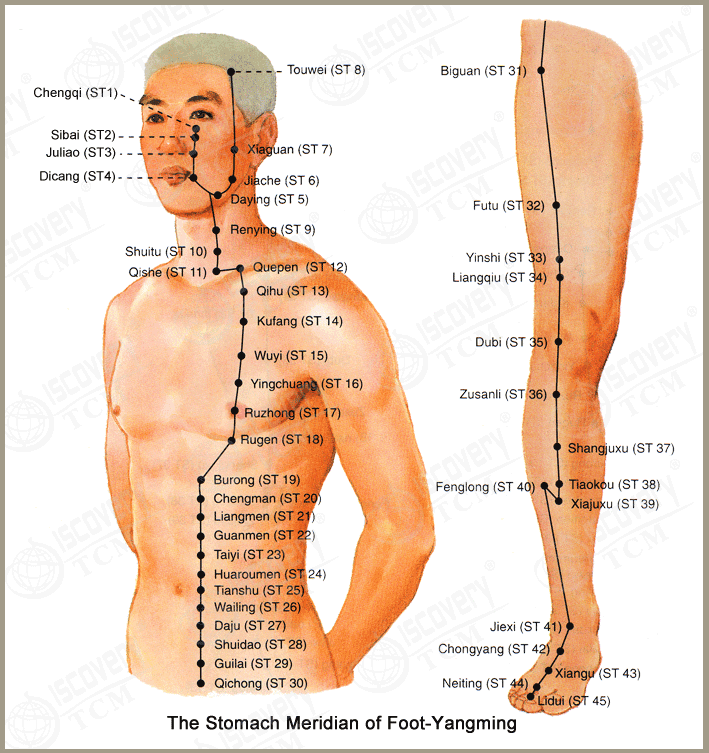

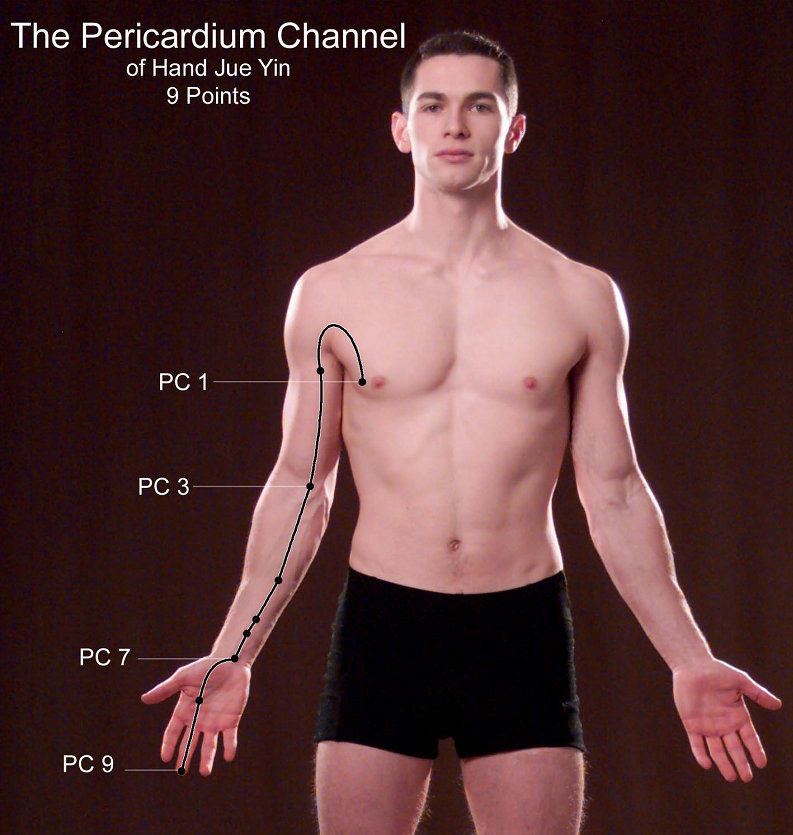
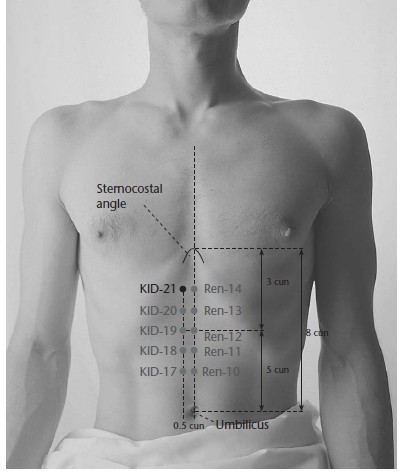
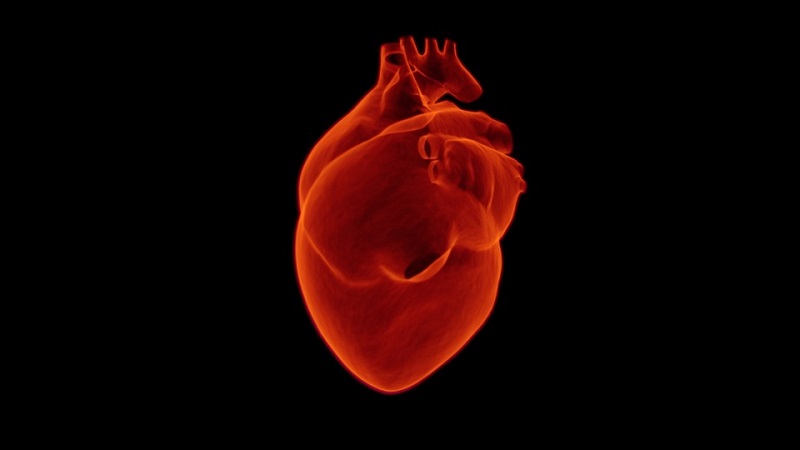

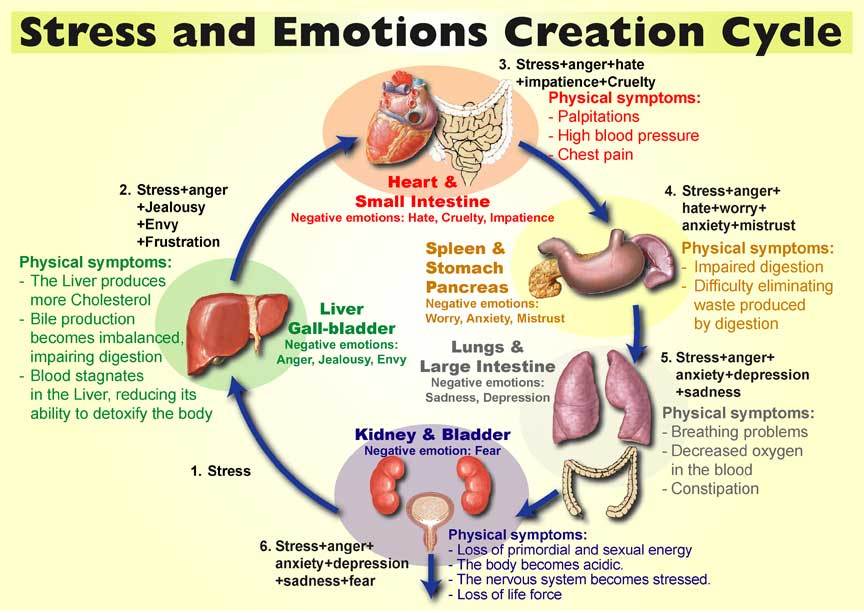
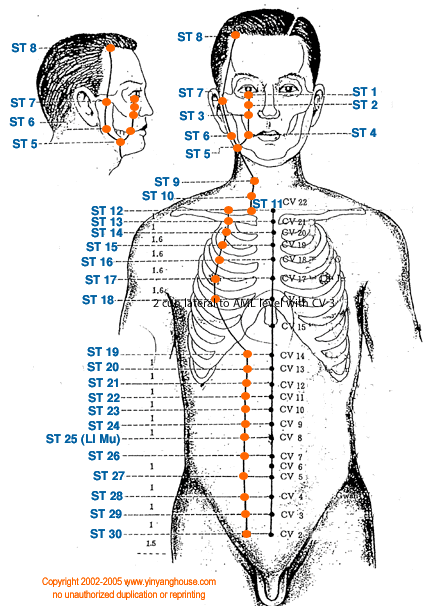
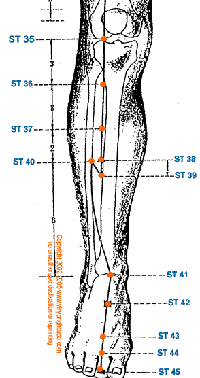
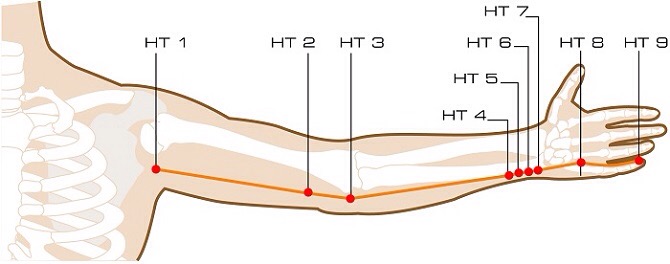



No Comments